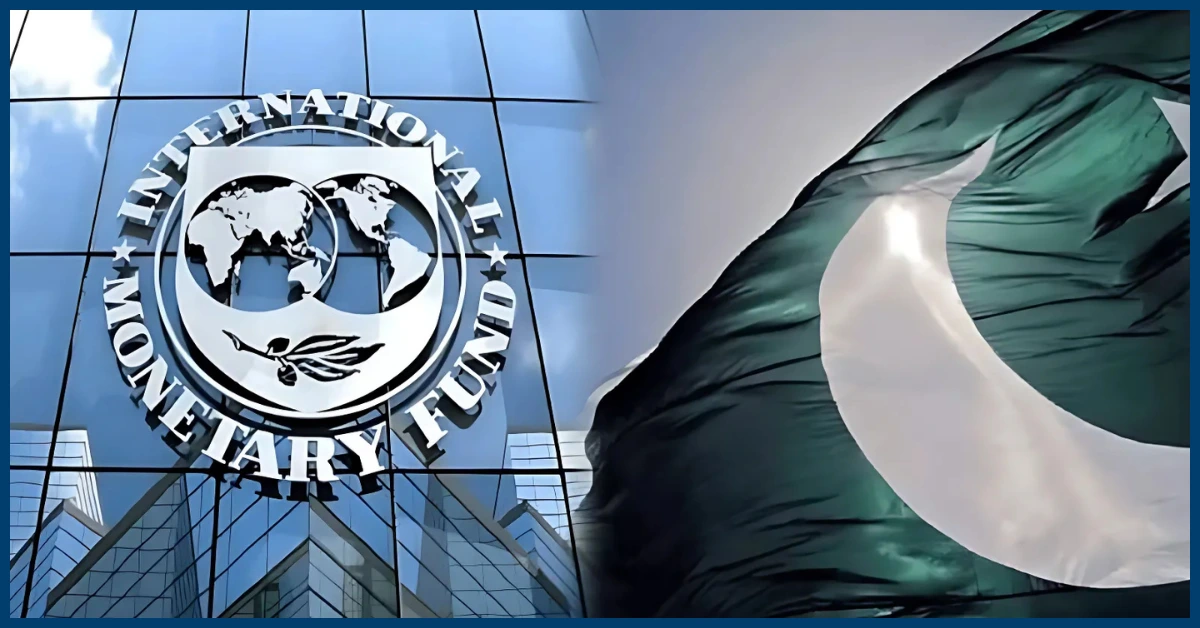Telecom operators have expressed serious concerns regarding the potential rightsizing of the Ministry of IT and Telecom (MoIT&T). In a letter addressed to Shaza Fatima Khawaja, the Minister of State for IT and Telecom, the Telecom Operators Association underscored the ministry’s critical role in policy-making for the telecom sector. They warned that dissolving the ministry would have detrimental effects on both the IT and telecom sectors, as well as the broader Digital Pakistan initiative.
The association highlighted that MoIT&T plays a pivotal role in the governance structure of the sector, adhering to global best practices and Pakistan’s WTO commitments. Since its establishment in 2000, the ministry has been instrumental in policy evolution and implementation, leading to significant growth in the telecom sector. The ministry’s policy environment has attracted substantial investment, amounting to $28 billion, with $11 billion in foreign direct investment.
READ MORE: Karachi Ranked Second Most Dangerous City in the World
As a result, 195 million telecom subscribers are now being served, achieving a teledensity of over 81 percent of the population, and contributing approximately $27 billion to the national exchequer through various taxes and fees.
The association emphasized that specialized domain knowledge is essential for managing the IT and telecommunications sectors effectively. The potential dissolution of the ministry could result in a loss of this expertise, leading to inefficiencies in addressing sector-specific challenges.
A dedicated ministry ensures that the unique needs of these sectors receive focused attention. Integrating these functions into another ministry could dilute this focus, leading to slower response times and less effective policy implementation. The letter also noted that the MoIT&T has been instrumental in creating a stable regulatory environment that supports innovation, investment, and growth. Dissolving the ministry could introduce policy and regulatory uncertainty, disrupting ongoing projects and affecting long-term strategic plans. Investors prefer sectors with a clear governance structure and predictable policy environment, and the presence of MoIT&T signals a strong commitment to the IT and telecom sectors.
Pakistan, as a signatory to the GATS agreement under the WTO and the Reference Paper on Telecommunications, has international commitments to maintain independent policy-making, regulation, and operations. A separate, dedicated policy-making entity for the telecommunications sector is necessary to ensure compliance with these commitments.
The letter also pointed out that the MoIT&T provides crucial regulatory guidance, support, and coordination to businesses within the IT and telecom sectors. Its dissolution could lead to disruptions in business operations, complicating compliance and strategic planning. The ministry serves as a central point of contact for various stakeholders, including industry associations, businesses, and consumers. The dissolution could lead to confusion and diminished engagement, impacting collaborative efforts and feedback mechanisms essential for sectoral progress.
Moreover, the MoIT&T has been a key driver of digital transformation and innovation in Pakistan. The policy environment fostered by the ministry has resulted in the establishment of world-standard institutions like the Universal Service Fund (USF) and R&D Funds, which have successfully extended telecom services to underserved areas and promoted innovation. These programs require continued policy focus rather than disbandment.
The association also noted that the manifesto of the Pakistan Muslim League-Nawaz (PML-N) pledged to enhance the ministry’s scope and evolve it into a more potent Ministry of Digital Economy. Dissolving the MoIT&T would contradict this commitment and potentially hinder progress towards this goal. The Telecom Operators Association argued that retaining a dedicated ministry is essential to ensure sector-specific expertise, policy stability, economic growth, stakeholder engagement, and strategic oversight.
The dissolution of the MoIT&T could lead to significant disruptions and challenges, affecting not only the IT and telecom industries but also the broader Digital Pakistan initiative. It is crucial to carefully consider these factors to preserve the policy-making focus vital to the sustainability and growth of Pakistan’s telecommunications and IT sectors.




